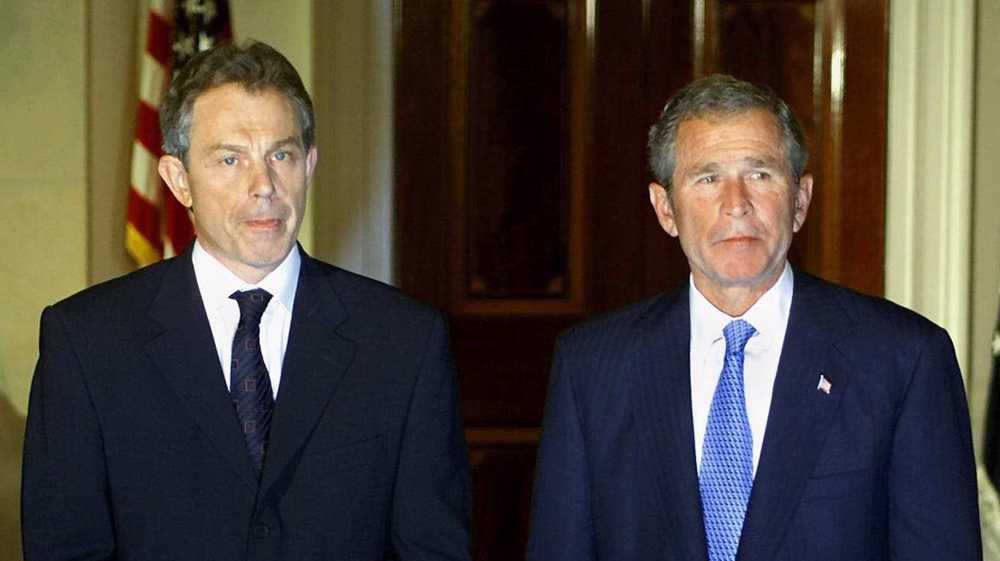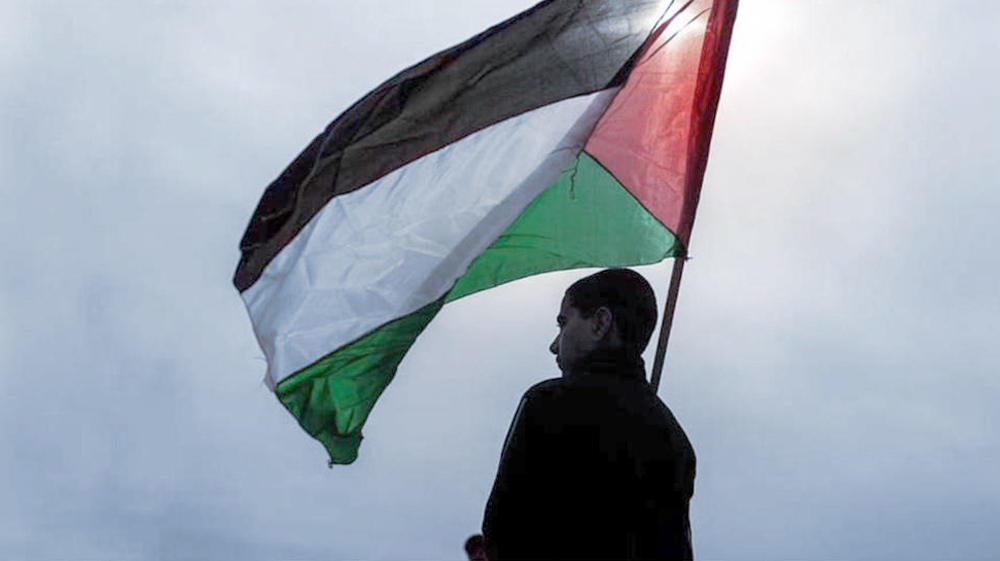'Calais child migrants have right to live in UK '
British refugee charities have warned about the severe conditions of child migrants in the Jungle migrant camp in Calais saying they have already identified at least 50 mostly unaccompanied child refugees living in the camp who have a legal right to live in the UK.
Citizens UK said it plans to bring scores more cases to court. Lawyers for the charity are working through a list of a further 300 cases of mostly unaccompanied children.

The 50 live cases include unaccompanied children from Syria, Afghanistan, Sudan and Eritrea.
The group was behind the legal challenge that resulted in four Syrian refugees entering the UK from the French camp last month.
It also said that the expulsion order by the authorities in the French port, which was put on hold temporarily pending a judge’s visit to the camp on Tuesday morning, had already created anxieties among children living there and could put them in danger.
Meanwhile, hundreds of British activists held a rally in London urging the government to let in child refugees in the migrant camp known as Jungle in Calais.

The protest comes ahead of Wednesday’s decision on whether or not to demolish the southern section of the camp. There are hundreds of children in the camp and about 80 percent of them have relatives or guardians in the UK.
British government is under growing pressure to accept more refugees. In a letter to Prime Minister David Cameron last week, hundreds of British celebrities called for letting in more child refugees.
“The UK government pays no serious attention to human rights particularly when it comes to the refugees fleeing from mainly Syria and other war-torn countries in the region,” told a London-based analyst Alan Hart to Press TV.
He went on saying that the politicians are under the influence of some certain groups and go ahead based on their agendas.
Last month, the EU’s criminal intelligence agency, Interpol, said 10,000 unaccompanied child refuges had disappeared after arriving in Europe.
But people living there have previously said they would resist the move, insisting they want to stay in the tents and makeshift houses, despite the poor living conditions.
Iranians protest against Israel after Netanyahu ICC warrant
Germany undecided on complying with ICC arrest warrants for Israeli war criminals
VIDEO | Former FBI agent criticizes US Congress for 'outright corruption'
IRGC chief urges Muslim countries to cut aid routes to Israel
'New chapter in cooperation': Iran, Venezuela sign new MoUs
Jordan sentences former lawmaker for supporting Palestinian resistance
Basij volunteer forces hold massive drills in southwestern Iran
Israeli war criminals 'not welcome', US city says after ICC ruling










 This makes it easy to access the Press TV website
This makes it easy to access the Press TV website